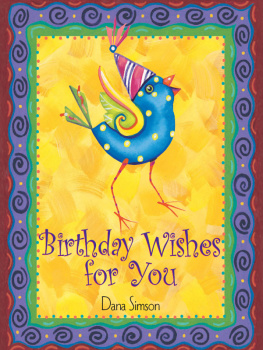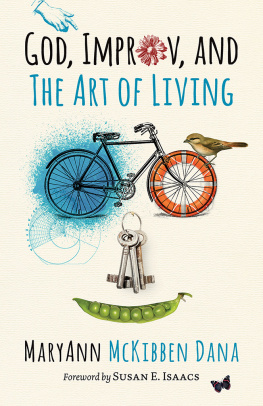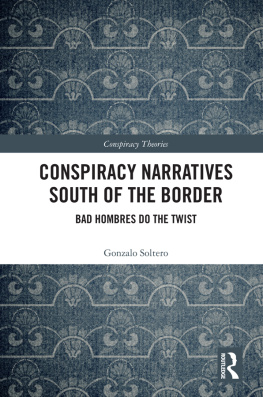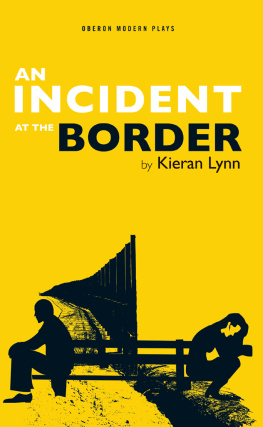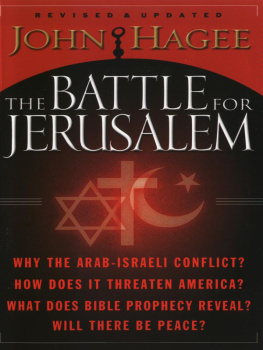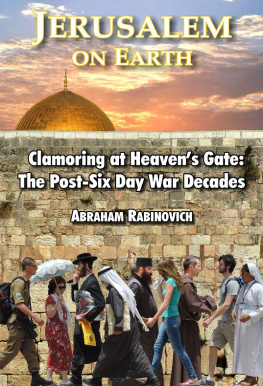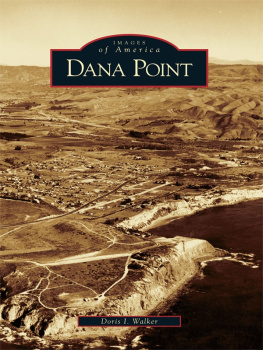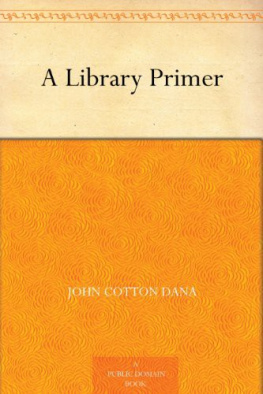RAPHAEL PATAI SERIES IN JEWISH FOLKLORE AND ANTHROPOLOGY
General Editor
Dan Ben-Amos
University of Pennsylvania
Advisory Editors
Tamar Alexander-Frizer
Ben-Gurion University of the Negev
Haya Bar-Itzhak
University of Haifa
Simon J. Bronner
Pennsylvania State University, Harrisburg
Harvey E. Goldberg
The Hebrew University of Jerusalem
Yuval Harari
Ben-Gurion University of the Negev
Galit Hasan-Rokem
The Hebrew University of Jerusalem
Rella Kushelevsky
Bar-Ilan University
Eli Yassif
Tel-Aviv University
2018 by Dana Hercbergs. All rights reserved. No part of this book may be reproduced without formal permission. Manufactured in the United States of America.
ISBN 978-0-8143-4492-7 (paperback)
ISBN 978-0-8143-4108-7 (hardcover)
ISBN 978-0-8143-4109-4 (ebook)
Library of Congress Cataloging Number: 2018942063
Published with support from the fund for the Raphael Patai Series in Jewish Folklore and Anthropology.
Parts of were published in Dana Hercbergs and Chaim Noy, Beholding the Holy City: Changes in the Iconic Representation of Jerusalem in the 21st Century, in Travels to the Holy Land: Perceptions, Representations and Narratives, edited by Serena Di Nepi and Arturo Marzano, special issue of Quest no. 6 (December 2013): 23763.
Wayne State University Press
Leonard N. Simons Building
4809 Woodward Avenue
Detroit, Michigan 48201-1309
Visit us online at wsupress.wayne.edu
ACKNOWLEDGMENTS
T his book spans a decade of research and writing since I began fieldwork as a graduate student at the University of Pennsylvania. I would like to acknowledge those people whose support and friendship were invaluable to me in the dissertation phase as well as during subsequent work on this book. My gratitude then and now goes to my mentor Mary Hufford for her encouragement and enthusiasm. Mary is a truly gifted and giving teacher. Her keen mind embraces subjects as disparate as Appalachian ginseng harvesting and the storytelling of elderly people within the sensibility of folkloristics. If Marys humanistic approach is traceable within the fraught pages of this book, I am indebted to her.
Professor Heather Sharkey of the University of Pennsylvania has been supportive of my work since my course with her on nationalism and communal identity in the Middle East. The depth of her knowledge and her cheerful, down-to-earth manner make her a scholar to emulate. Happily, she served on my dissertation committee, along with Professor Dan Ben-Amos who chaired the Folklore and Folklife Graduate Program at Penn. Dan bridged the gap of his years of accumulated knowledge with suspenseful storieslanding in Nigeria at the outbreak of a revolution, and picking up a vanishing hitchhiker on Route 66told with a deadpan face and the sudden rise of his eyebrows. His proverbs, such as Reach for the starts, and you may get to the next town, bestowed some perspective on academic life. My committee was joined by University of the Arts Professor Anna Beresin, a subtle and fresh thinker whose insights about the ambiguity of play have pushed the boundaries of my thinking about childrens folklore, nostalgia, and narrative.
I am indebted to the close friends I made in graduate school. Anika Wilsons humor and wisdom have been a gift. Her advice during our phone conversations was as productive as her silent pauses in prompting me to answer some of my own questions. May everyone have such a sympathetic friend. I give thanks to Leah Lowthorp for her cheer, humor, and adventure in the realm of dyadic folklore. She has made light of my many worries. Ksenia Gorbenko has been an optimistic comrade throughout, supplying good conversations, food, intellect, and encouragement.
On the other side of the ocean, Ela Greenbergs expertise in Palestinian history and her sensitivity to my various ethical quandaries have been incredibly valuable. Elas advice and friendship, and our joint ventures into youth culture research, made my stay in Jerusalem an experience of shared alterity. My warm thanks go to Chaim Noy for his mentoring and friendship during my time in and out of Jerusalem and for his feedback on parts of this book. Our shared interests have blossomed into scholarly writings about this city. One of our articles together forms the basis of this books final chapter.
Ouzi Rotems friendship was a constant haven during my fieldwork and beyond. His cooking, our walks along the beach in Tel-Aviv, and our conversations spanning politics and language have enriched my life and given me a second home. I am fortunate that Ouzi introduced me to Kevin Dwarka, whose thoughtfulness and humor made each of our meetings in the city of stone scrumptious and silly. We have continued to share thoughts about Jerusalems changing ways, its troubles and its people.
In the course of my research I was lucky to befriend Mona Hajar Halaby, who has written about mandate-era Jerusalem and who was researching her own familys history when we met in 2007. Mona and her husband, David, extended their hospitality to me in Berkeley, where David shared his own family recollections and photographs. His memory is a blessing.
My warm thanks go to Lotte Buch for insightful conversations in and about East Jerusalem, her friendship and cooking, and for inviting me to the conference on Spectacular Blindness in Denmark, which helped shape my thinking about heritage in Jerusalem.
Penny Mitchell has been a supportive colleague and friend and has put me in touch with scholars working in the field and beyond. Our meetings in Jerusalem and Washington, DC, have been invigorating and eye-opening.
I would like to thank the Palestinian American Research Center for generously supporting my fieldwork in Jerusalem in the summer of 2008, and subsequently in 20142015 when conducting research on Musrara. I have benefited from the conversations and perspectives of affiliated Palestinian scholars and it is an honor to have my work recognized by PARC.
Thank you to Kathryn Wildfong, the Editor-in-Chief at Wayne State University Press, for her sensitive handling of this manuscript and her attentiveness to my questions and requests. Editorial and Production Manager Kristin Harpster and Senior Designer Rachel Ross were kindly responsive to this first-time author and treated my questions with patience and care as they helped shepherd this book to press.
My loving thanks go to my parents, Maya and Aleck Hercbergs, who recognizedif from a distancethe uniqueness of my chosen path. Their continued support has been balanced by keeping me in check, and helping me to meet goals.
Last but not least, I would like to extend my gratitude to the individuals who opened their doors to me in Jerusalem and for allowing me to write about them. Their willingness to share their memories and take me along the paths of their childhood leave me with an appreciation for the interactive and ongoing nature of storytelling and of the responsibilities of being a listener. I hope I have rendered their narratives recognizable and relatable, both to them and their peers, as well as to the general reader.



